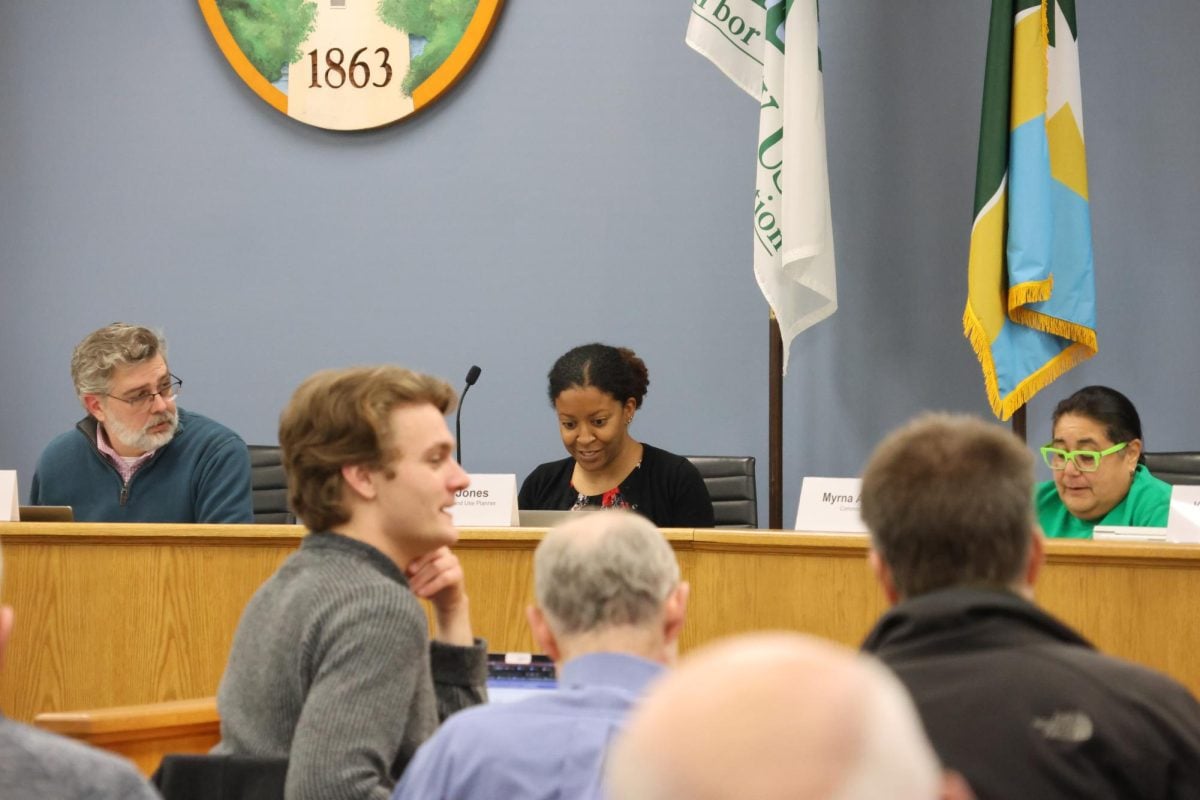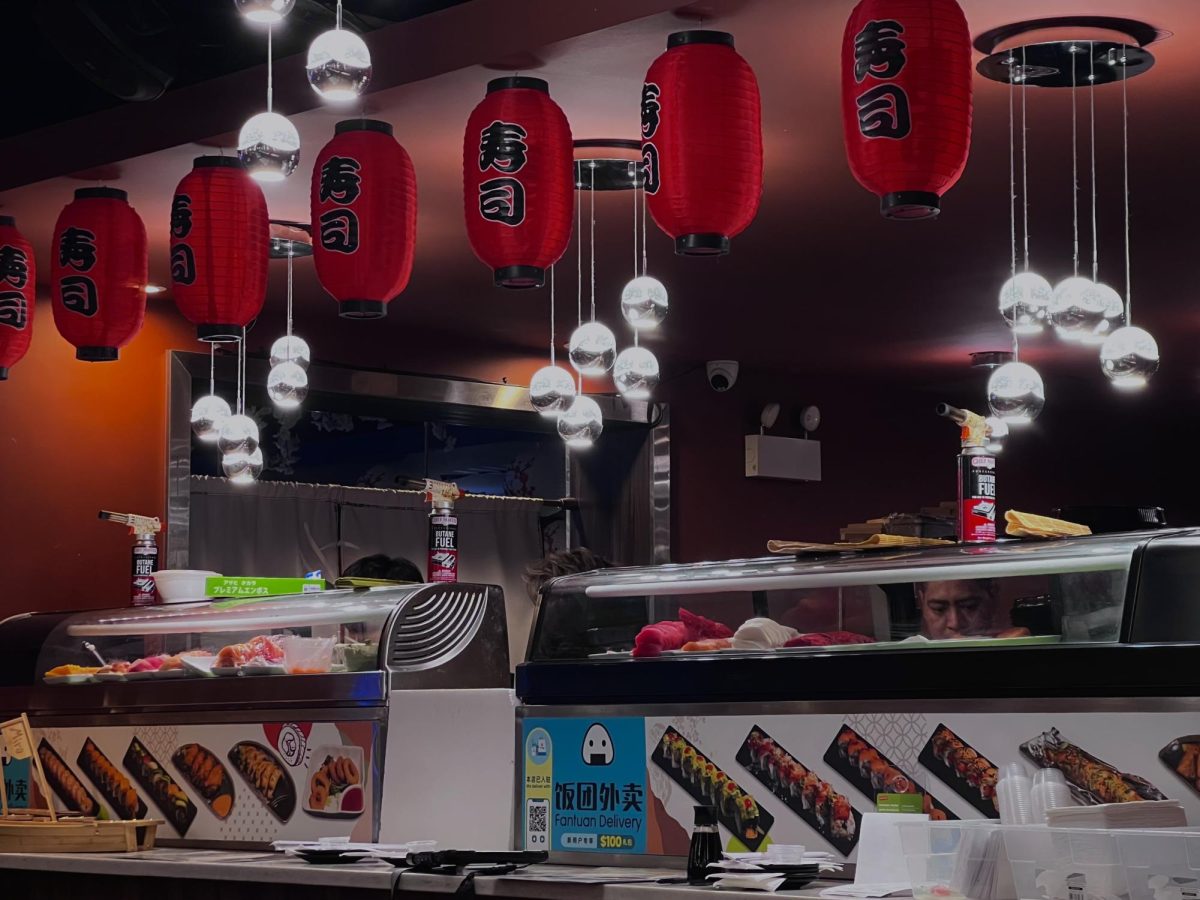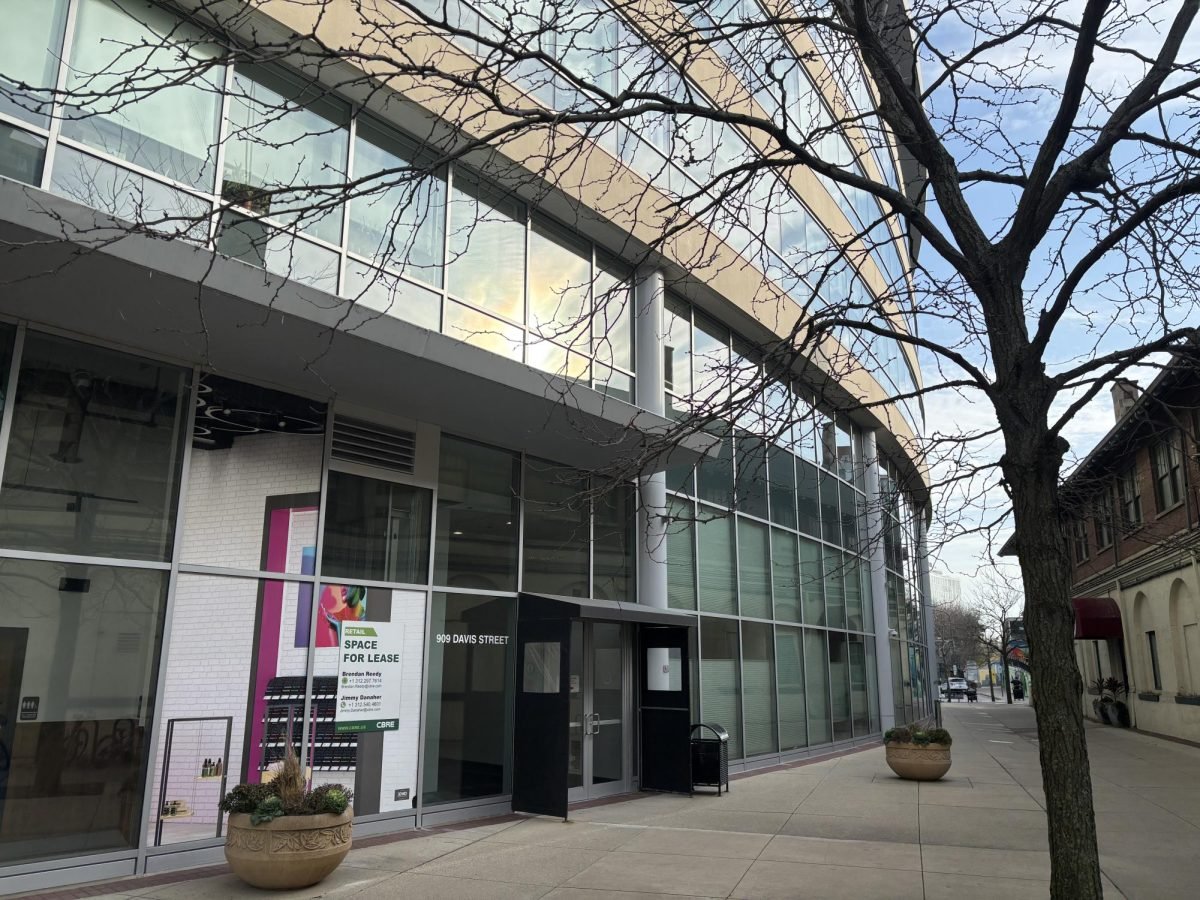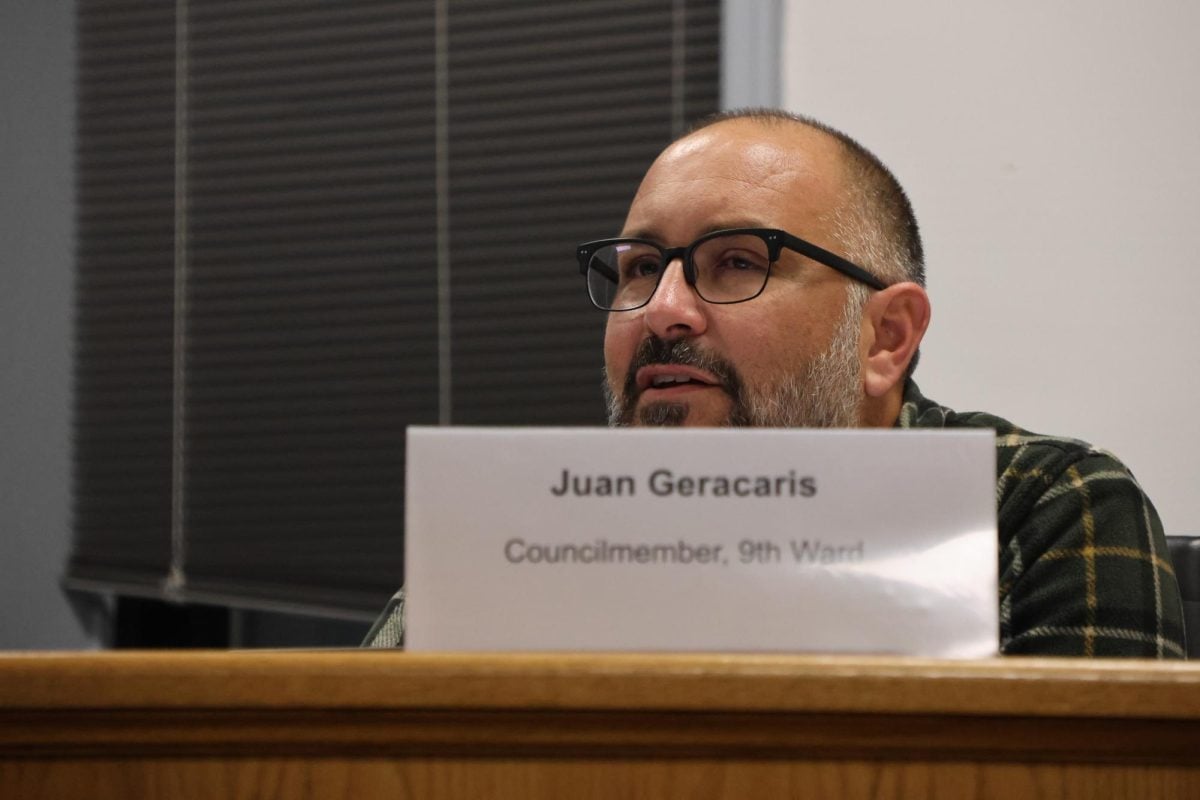Evanston officials will meet with representatives from six nearby municipalities and agencies Monday to discuss a study that could help turn Evanston’s plan to sell water to neighboring cities into a reality.
Interest in the water sale proposal piqued last year, when Chicago announced water rate hikes will raise prices to $3.82 per thousand gallons in 2015, wrote David Stoneback, Evanston’s director of utilities, in a memo dated March 15.
Lincolnwood, Niles, Des Plaines and Park Ridge are participating in the study, along with the Northwest Suburban Municipal Joint Action Water Agency and the Northwest Water Commission, which funnel water to several nearby suburbs.
The feasibility study would determine the size, potential routes and construction costs for transporting water from Evanston to the cities, Stoneback said. Each participant would contribute an expected $21,500 to the study, which is estimated to cost a total of $150,000, according to the memo.
City spokesperson Eric Palmer said the potential water deal could bring substantial revenue to Evanston.
“This could potentially be remarkably lucrative for the City of Evanston,” Palmer said. “Without looking toward property tax increases, things like increasing water sales to other communities is a good alternative source of revenue.”
Stoneback agreed the city could expect a “fair profit” from the deal, but stressed nothing is finalized.
“There’s no firm commitment by anybody to purchase water,” Stoneback said. “There might not even be a reasonable rate.”
Wayne Zingsheim, Park Ridge’s public works director, said his city could purchase 1.2 billion gallons of water per year from Evanston if the cost-benefit analysis works out.
Major costs would include building the westbound pipelines from Evanston and hooking those pipelines into Park Ridge’s water plants, Zingsheim said.
He said even if the project works out, Park Ridge would still need to negotiate water prices with Evanston and terminate its current contract with Chicago.
“This is such a ground-floor situation,” Zingsheim said. “There are so many variables right now. We have to look at . . . if it’s even worthwhile over the long haul.”
Stoneback said participants hope to complete the feasibility study by December, though the project might go into spring 2013, depending on the time required for participants to review the study.
Some of the participants in the project have concerns about the study proposal, which may also delay it, Zingsheim said.
“We have to meet on Monday and find out where we’re at,” he said.






